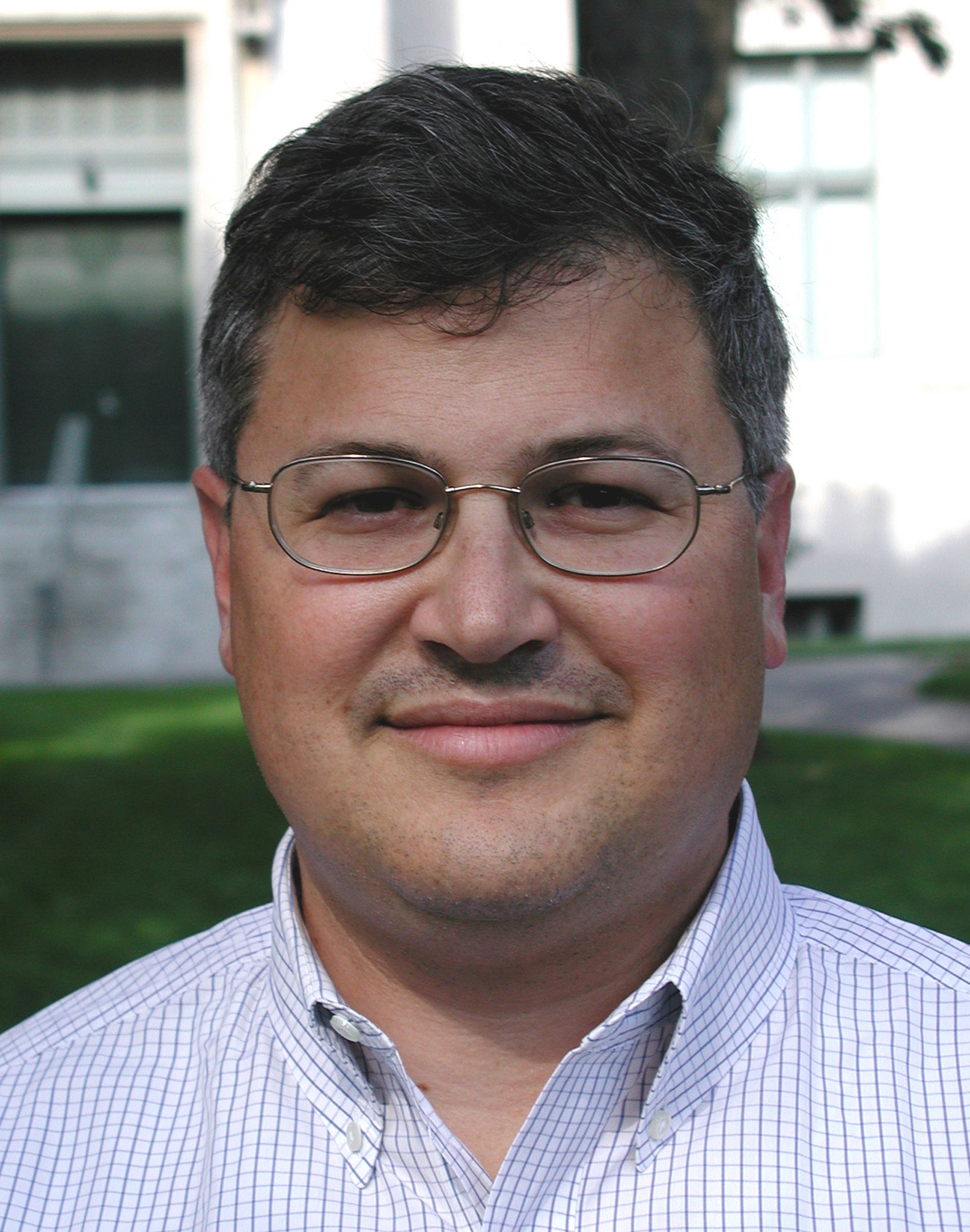The following op-ed, “Holder’s Reasonable Decision,” was co-authored by Harvard Law School Professor Jack Goldsmith and Jim Comey. It appeared in the November 20, 2009, edition of the Washington Post.
Reasonable minds can disagree about Attorney General Eric Holder’s decision to prosecute Khalid Sheik Mohammed and four other alleged Sept. 11 perpetrators in a Manhattan federal court. But some prominent criticisms are exaggerated, and others place undue faith in military commissions as an alternative to civilian trials.
Mohammed is many things: an enemy combatant in a war against the United States whom the government can detain without trial until the conflict ends; a war criminal subject to trial by military commission under the laws of war; and someone answerable in federal court for violations of the U.S. criminal code. Which system he is placed in for purposes of incapacitation and justice involves complex legal and political trade-offs.
A trial in Manhattan will bring enormous media attention and require unprecedented security. But it is unlikely to make New York a bigger target than it has been since February 1993, when Mohammed’s nephew Ramzi Yousef attacked the World Trade Center. If al-Qaeda could carry out another attack in New York, it would — a fact true a week ago and for a long time. Its inability to do so is a testament to our military, intelligence and law enforcement responses since the Sept. 11, 2001, attacks.
In deciding to use federal court, the attorney general probably considered the record of the military commission system that was established in November 2001. This system secured three convictions in eight years. The only person who had a full commission trial, Osama bin Laden’s driver, received five additional months in prison, resulting in a sentence that was shorter than he probably would have received from a federal judge.
One reason commissions have not worked well is that changes in constitutional, international and military laws since they were last used, during World War II, have produced great uncertainty about the commissions’ validity. This uncertainty has led to many legal challenges that will continue indefinitely — hardly an ideal situation for the trial of the century.
By contrast, there is no question about the legitimacy of U.S. federal courts to incapacitate terrorists. Many of Holder’s critics appear to have forgotten that the Bush administration used civilian courts to put away dozens of terrorists, including “shoe bomber” Richard Reid; al-Qaeda agent Jose Padilla; “American Taliban” John Walker Lindh; the Lackawanna Six; and Zacarias Moussaoui, who was prosecuted for the same conspiracy for which Mohammed is likely to be charged. Many of these terrorists are locked in a supermax prison in Colorado, never to be seen again.
In terrorist trials over the past 15 years, federal prosecutors and judges have gained extensive experience protecting intelligence sources and methods, limiting a defendant’s ability to raise irrelevant issues and tightly controlling the courtroom. Moussaoui’s trial was challenging because his request for access to terrorists held at “black” sites had to be litigated. Difficulties also arose because Moussaoui acted as his own lawyer, and the judge labored to control him. But it is difficult to imagine a military commission of rudimentary fairness that would not allow a defendant a similar right to represent himself and speak out in court.
In either trial forum, defendants will make an issue of how they were treated and attempt to undermine the trial politically. These efforts are likely to have more traction in a military than a civilian court. No matter how scrupulously fair the commissions are, defendants will criticize their relatively loose rules of evidence, their absence of a civilian jury and their restrictions on the ability to examine classified evidence used against them. Some say it is wrong to give Mohammed trial rights ordinarily conferred on Americans, but a benefit of civilian trials over commissions is that they make it harder for defendants to complain about kangaroo courts or victor’s justice.
The potential procedural advantages of military commission trials are relatively unimportant with obviously guilty defendants such as Mohammed, but they help explain the attorney general’s related decision last week to consign five men accused of attacking the USS Cole to a military commission. Holder indicated that he was doing so in part because the Cole was a military target outside the United States, but that reason does not hold up. The Pentagon was a military target, many aspects of the Sept. 11 attacks were planned abroad, and the Cole attack is already the subject of a federal indictment in New York.
It is more likely that Holder decided to use a commission system still learning to walk because the Cole case is relatively weak and will benefit from the marginal advantages the commission system offers the government. It is also likely that the Justice Department will decide that many other terrorists at Guantanamo Bay will not be tried in civilian or military court but, rather, will be held under a military detention rationale more suitable to the circumstances of their cases.
These decisions have already invited charges of opportunistic forum shopping. The Bush administration, criticized on similar grounds, properly explained that it would use whatever lawful tool worked best, all things considered, to incapacitate a particular terrorist. Holder’s decisions appear to reflect a similarly pragmatic approach.
Of course, the attorney general made a different call on Mohammed than did the Bush administration. The wisdom of that difficult judgment will be determined by future events. But Holder’s critics do not help their case by understating the criminal justice system’s capacities, overstating the military system’s virtues and bumper-stickering a reasonable decision.
Jim Comey, a deputy attorney general and U.S. attorney in Manhattan during the Bush administration, is general counsel of Lockheed Martin Corp. Jack Goldsmith, an assistant attorney general during the Bush administration, teaches at Harvard Law School and is on the Hoover Institution’s Task Force on National Security and Law.
